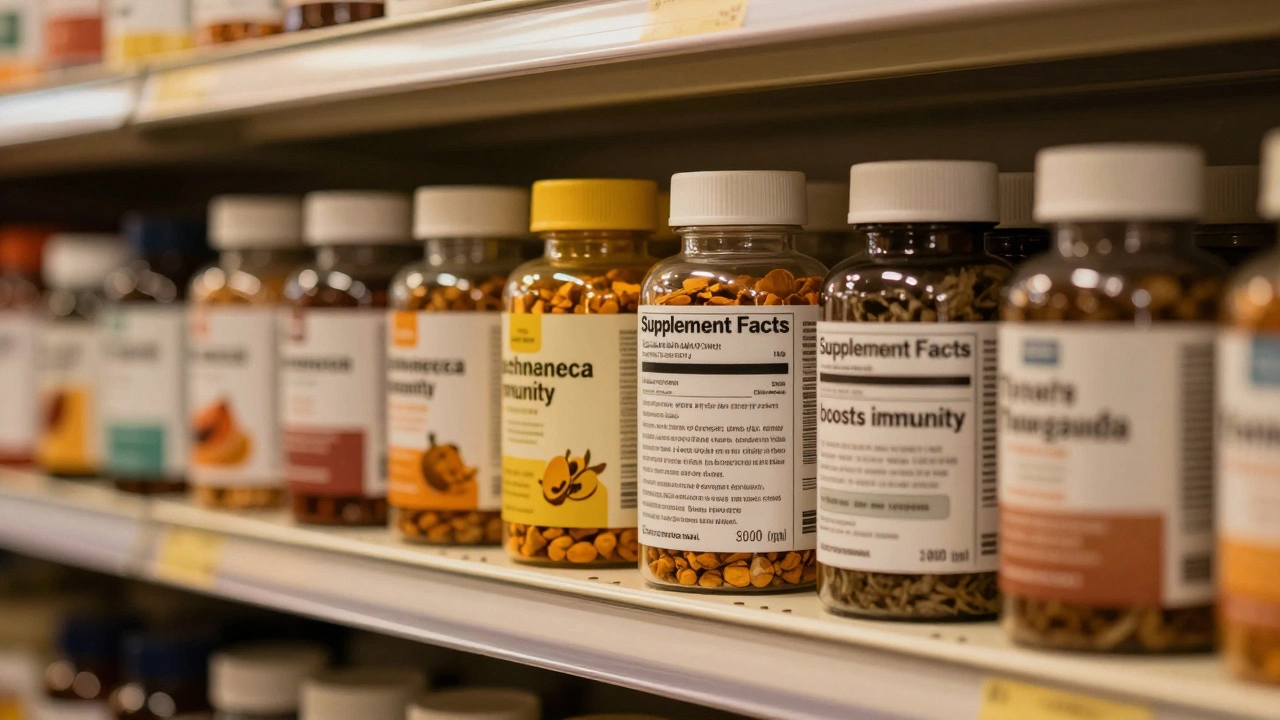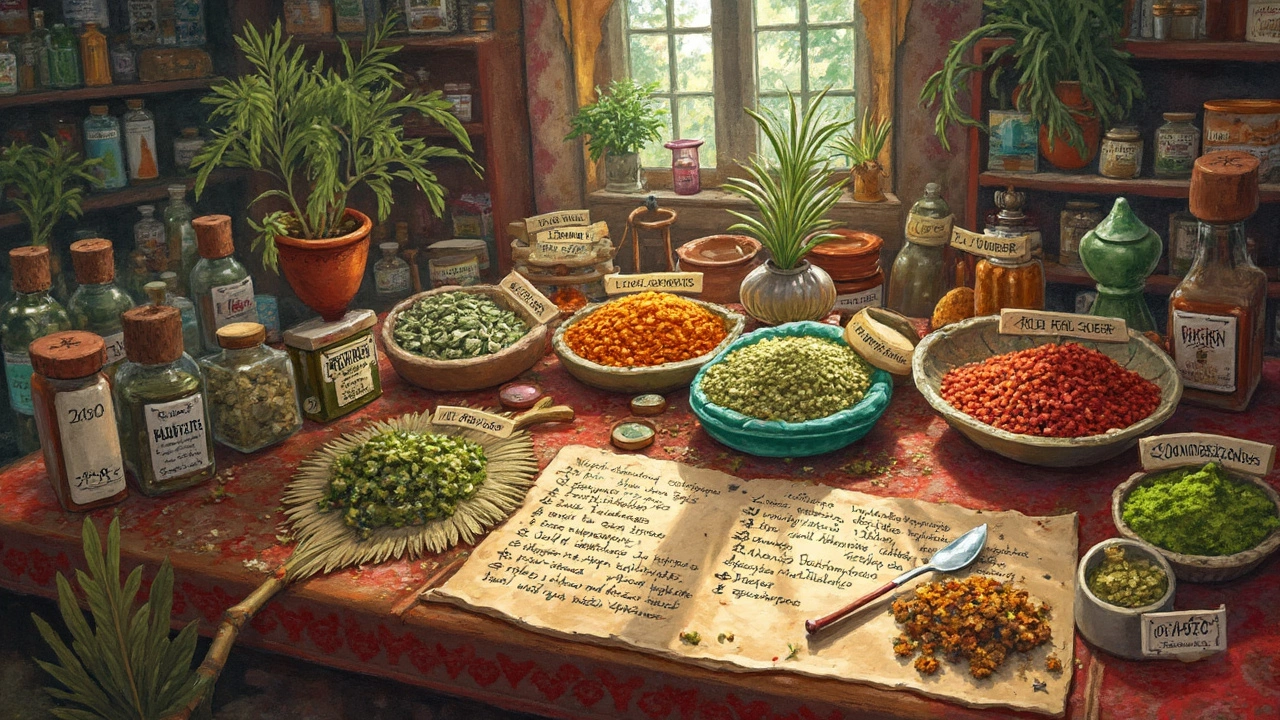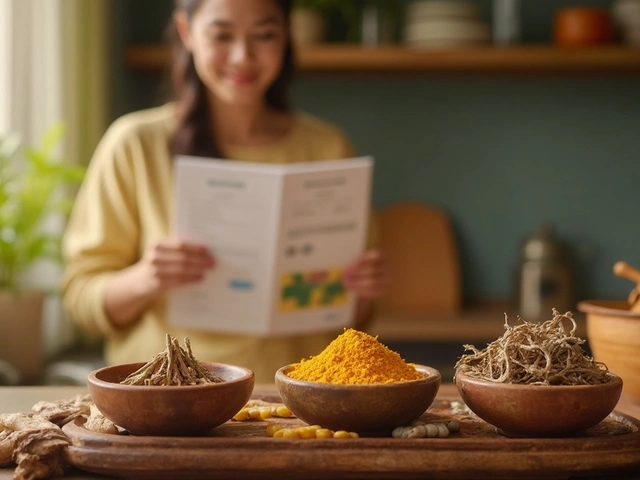Herbal Safety: What You Need to Know Before You Take Any Plant‑Based Remedy
Herbs feel natural, so many of us assume they’re automatically safe. The truth is a bit messier. Some plants can clash with medicines, contain contaminants, or simply be the wrong dose for you. This guide shows you how to avoid those pitfalls and enjoy the benefits of herbs without the side effects.
Common Risks With Herbal Products
First, understand what can go wrong. Even popular herbs like turmeric or ashwagandha can cause problems if the product is low‑quality or mislabeled. Heavy metals, pesticides, or fillers often hide in cheap batches. Bad labeling means you might take a dose that’s too high, leading to stomach upset, allergic reactions, or interactions with prescription drugs.
Second, some herbs are outright unsafe for certain conditions. For example, certain ayurvedic mixtures contain aristolochic acid, a known kidney toxin. Others, such as kava, can affect the liver when taken long‑term. If you have kidney disease, diabetes, or heart issues, a herb that sounds harmless could worsen your health.
Finally, remember that “natural” doesn’t equal “regulated.” In India, many herbal products aren’t required to meet the same safety standards as allopathic medicines. That’s why checking for certifications like WHO‑GMP or FSSAI approval matters.
Tips to Choose Safe Herbal Supplements
1. Check the source. Look for companies that grow their own plants or work with certified farms. Independent lab reports should be posted on the label or the website.
2. Read the ingredient list. Avoid products that hide “proprietary blends” without exact amounts. You need to know how much of each herb you’re getting.
3. Match the label to your needs. If you’re taking blood thinners, steer clear of garlic or ginkgo supplements unless your doctor says it’s okay. The same goes for St. John’s wort, which can mess with antidepressants.
4. Ask a professional. A pharmacist, doctor, or qualified Ayurvedic practitioner can flag herbs that might interact with your meds. A quick call can save weeks of trouble.
5. Start low and go slow. Begin with half the suggested dose and see how you feel. If you notice any rash, dizziness, or stomach cramps, stop and talk to a health expert.
6. Watch the expiration date. Herbs lose potency over time, and older batches can develop mold. Store them in a cool, dry place and replace them every year.
7. Prefer reputable brands. Companies that invest in third‑party testing, transparent sourcing, and clear labeling usually charge a bit more—but you get peace of mind.
By following these steps, you can cut down the risk of nasty side effects and get the most out of your herbal routine. Remember, the goal isn’t to avoid herbs altogether, but to use them wisely, just like any other medicine.
Got a specific herb you’re curious about? Drop a comment or ask your local health professional. Safe herbal use starts with the right info, and you’ve just taken the first step.






